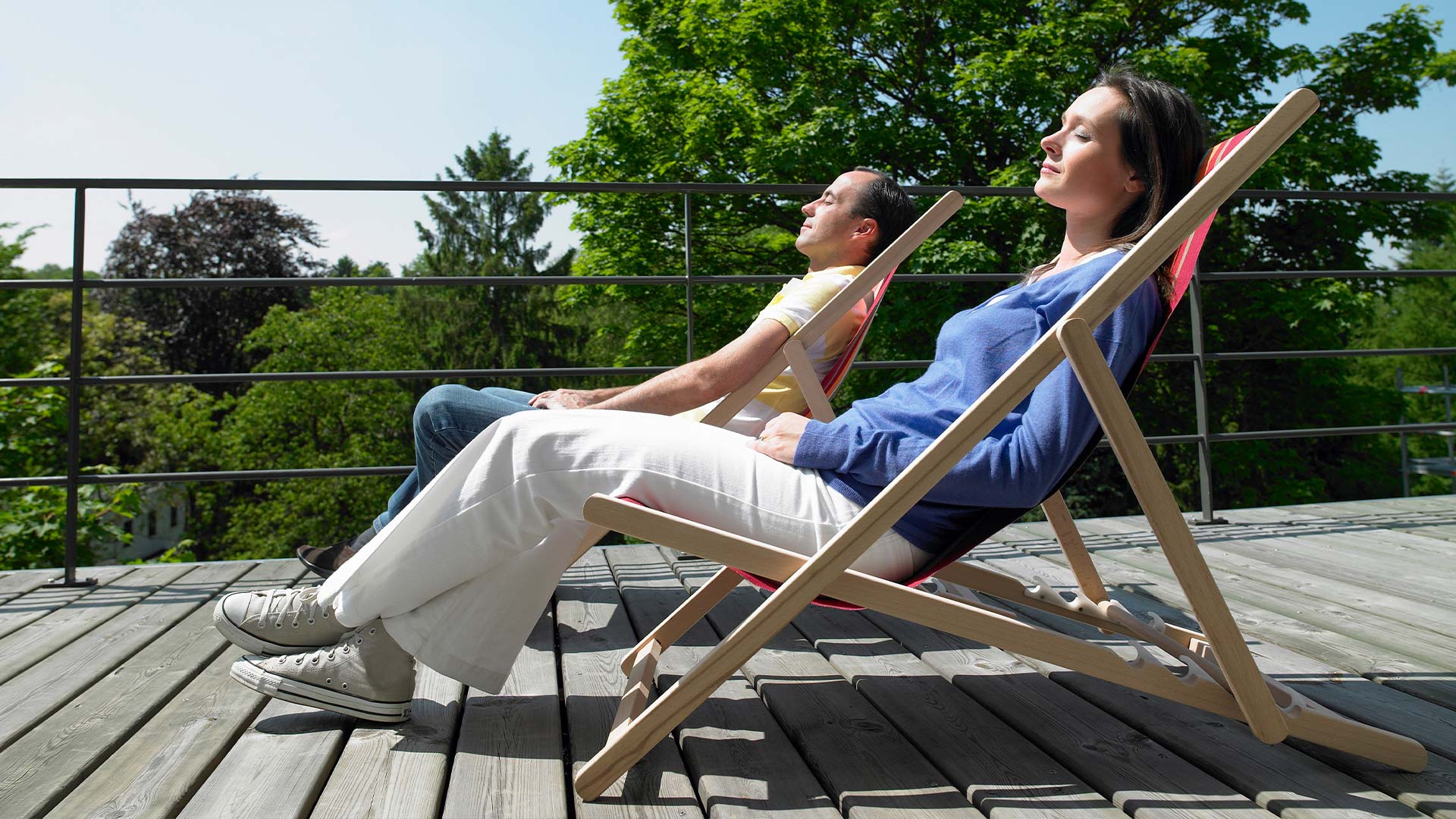Why Doing Nothing on Saturday Might Be Your Power Move
You don’t have to be productive all the time to be valuable. Sometimes, the most powerful move is to step back, breathe, and let yourself recharge.

We live in a culture where productivity is king. The idea that every hour of every day must be filled with “doing something” is not just a norm—it’s an expectation. The problem? This constant drive to stay busy is draining, and it can eventually lead to burnout.
So, what’s the solution? Simple: doing nothing. But not just any nothing. The kind of nothing that’s intentional, restorative, and actually good for you.
It might sound counterproductive, but taking a Saturday to do absolutely nothing might be one of the best things you can do for your energy, creativity, and mental health. Here’s why.
The Freedom of “Not Doing”
We’re so used to the constant buzz of productivity that we forget how important it is to do nothing once in a while. But here’s the thing: rest is part of the process.
When you intentionally take a step back, you give your mind space to:
- Recharge
- Reflect
- Be creative
- Gain perspective on what truly matters
Doing nothing is often mistaken for laziness, but it’s actually the antidote to burnout. Without this downtime, your energy reserves run low, and your work quality suffers.
How Doing Nothing Fuels Creativity
Believe it or not, doing nothing has a big impact on creativity. Ever noticed how the best ideas seem to come when you’re in the shower, walking, or doing something mindless? That’s because your brain needs time to wander and process information.
When you allow yourself a Saturday of intentional rest, your mind gets a chance to:
- Unwind from the work week
- Play with ideas without the pressure of deadlines
- Let go of the constant need to solve problems
- Refocus on what really matters
Without that "nothing" time, creativity is stifled by stress and constant work. But with it, your brain has room to think outside the box and come up with fresh ideas.
The Mental Health Boost of a Slow Saturday
Doing nothing on Saturday can also give your mental health the break it desperately needs. It’s easy to overlook the stress that builds up during the week. We may feel fine, but we’re actually carrying around a lot of mental clutter that affects our focus, mood, and energy.
Here’s how doing nothing can help:
- Releases stress: No deadlines, no calls, no obligations. Just time to be.
- Improves mood: Relaxation boosts serotonin and dopamine levels, making you feel happier and more balanced.
- Restores mental clarity: By stepping away from work, you give your brain a chance to organize and refresh.
If you’re constantly running on empty, your mental health will suffer. Giving yourself permission to relax fully, without guilt, is a vital act of self-care.
What Doing Nothing Looks Like
You might think, “I can’t just sit around all day! I’ll feel unproductive.” But the beauty of doing nothing is that you get to define it. It’s not about wasting time; it’s about reclaiming time for yourself.
Here are a few ideas for what “doing nothing” might look like:
- Reading a book (but not for work—just for fun)
- Taking a nap without setting an alarm
- Listening to music or a podcast without multitasking
- Going for a leisurely walk without a goal in mind
- Staring at the sky and letting your mind wander
Doing nothing doesn’t mean doing nothing productive. It means intentionally relaxing without guilt or pressure.
How to Enjoy Your “Nothing” Day
If you’re used to being busy, it can be tough to fully embrace doing nothing. But with a little planning, you can make the most of your Saturday slowdown.
1. Set boundaries: Decide in advance that you won’t check emails, work on tasks, or worry about your to-do list.
2. Create a “no agenda” zone: Whether it’s your living room, balcony, or a park bench, find a space where you can truly unplug.
3. Be gentle with yourself: If thoughts of work pop up, acknowledge them and set them aside for later. Remind yourself that this time is for your mental health.
4. Engage in low-stress activities: Watch a movie, try out a new recipe, or meditate—things that allow your mind to relax without exerting too much effort.
The key is to do something that feels completely different from your usual routine. You’re not aiming to “do nothing” in a lazy way. You’re aiming to step out of your usual busy cycle and rest.
The Long-Term Benefits of Doing Nothing
The more often you schedule these “do nothing” days, the more you’ll feel the benefits:
- Increased productivity: After a restful Saturday, you’ll feel recharged and more productive the following week.
- More balance: Giving yourself permission to rest helps you create a more sustainable work-life balance.
- Better decision-making: Mental clarity comes from time spent away from the grind, helping you make better decisions at work and in life.
You don’t have to be productive all the time to be valuable. Sometimes, the most powerful move is to step back, breathe, and let yourself recharge. So, give yourself permission to do nothing—and see how it supercharges your productivity, creativity, and well-being in the long run.


